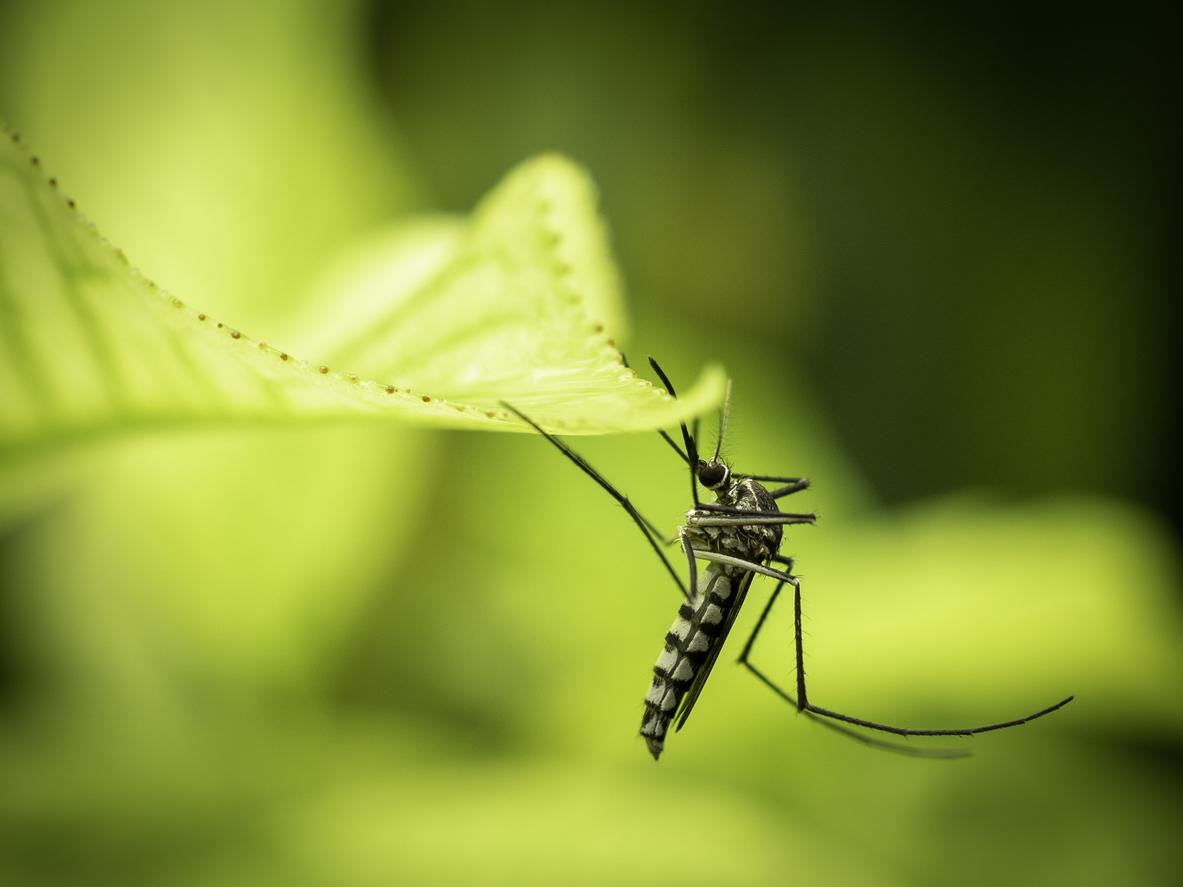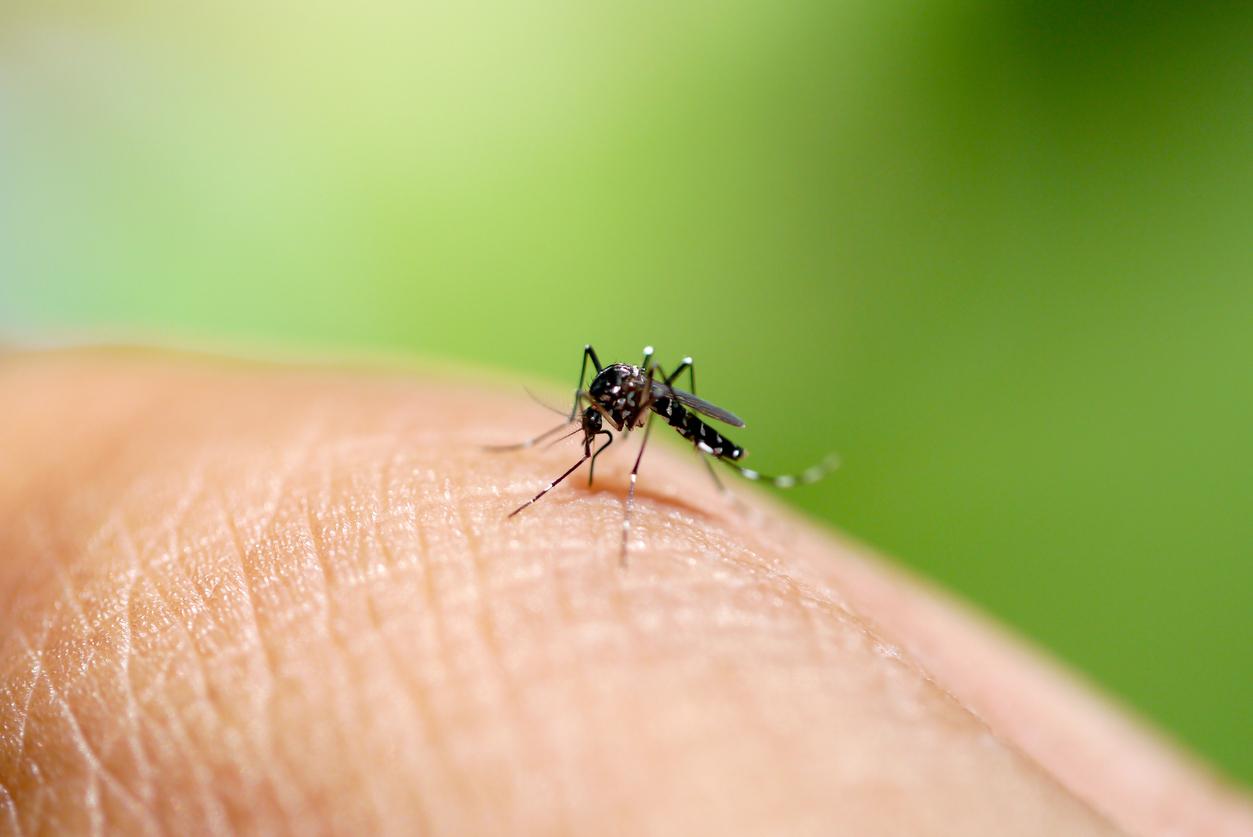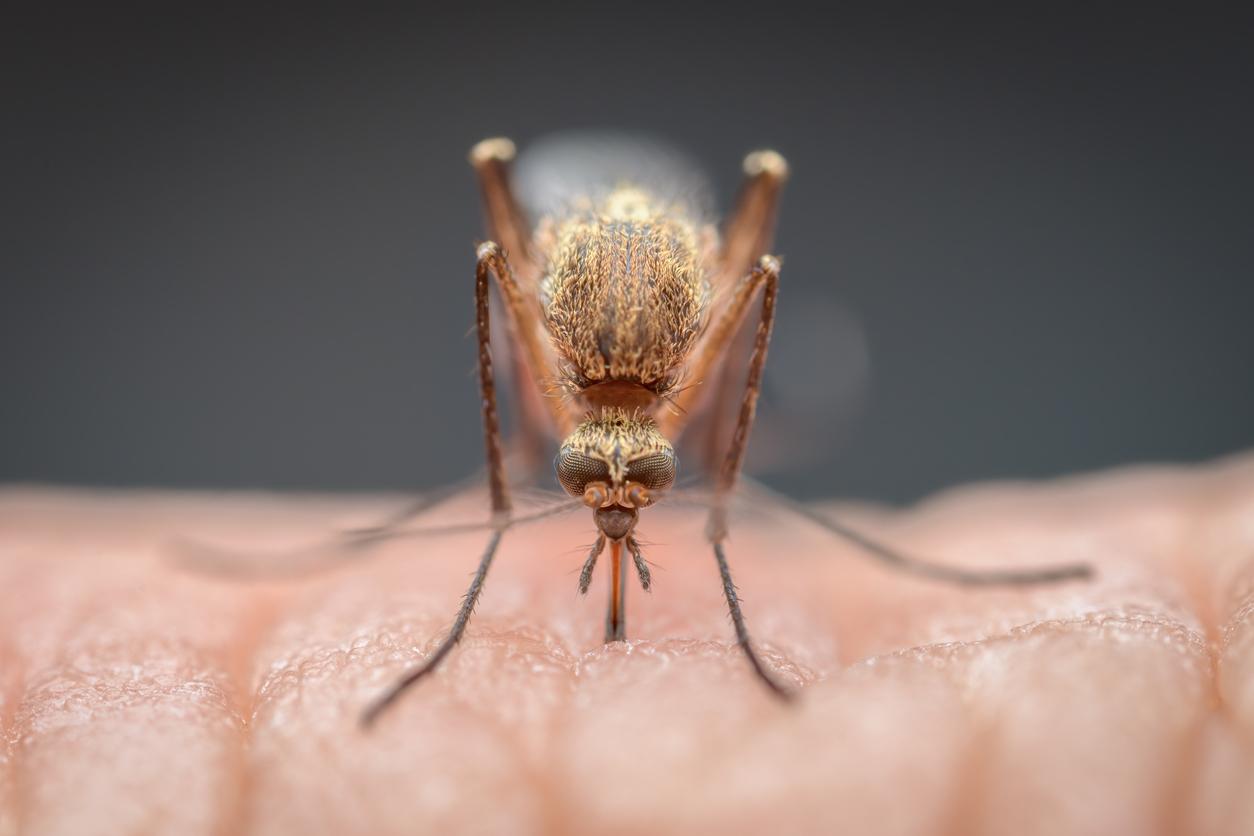Dengue fever (also called “tropical flu”) is a viral disease transmitted by the bite of a mosquito of the genus Aedes. After 2 to 7 days of incubation, the virus (which belongs to the Flaviviridae family) causes a high fever, headache, nausea, vomiting, joint and muscle pain, and / or a rash reminiscent of measles.
If, in the majority of cases, the disease heals in 15 days, it sometimes progresses to dengue hemorrhagic fever – this can be fatal. Long limited to Southeast Asia (China, Thailand, etc.), the disease has gradually spread to the Pacific region (Tahiti, French Polynesia, etc.) and the French Antilles.
Metropolitan France and southern European countries could be affected
Problem: according to a recent study conducted by Umeå University (in Sweden), global warming could favor the proliferation of the mosquito responsible for dengue fever.
Thanks to a mathematical model (taking into account the temperature, humidity, rainfall … of several European countries), Swedish researchers have discovered that, if global warming exceeds + 2 ° C d ‘By 2030, dengue could spread to mainland France, Italy, Spain, Portugal and Greece.
“The objective of + 2 ° C defined at the COP21 must be met to avoid the spread of dengue, a viral infection against which there is, at present, no vaccine” affirms Jing Helmersson, principal author of these works. According to the World Health Organization (WHO), dengue fever affects 390 million people worldwide each year.
Read also :
Dengue vaccine sales are not taking off
Sri Lanka calls on army to fight dengue fever
Dengue fever: death of a baby in New Caledonia
















